Have You Found Your Sanjaya? Crafting the Perfect University Group
 If you’re about to jump into group work at university, let me give you some advice: think carefully about the team you form. Building a group is more than just ticking an assignment box. It’s a chance to surround yourself with people who will challenge, support, and ultimately help you produce something great. But the question is, have you found your Sanjaya? Back in my university days, Sanjaya was my teammate, my go-to guy, and the secret ingredient behind every successful project. I was full of ideas, always aiming to push the envelope and think big. The kind of ideas that would either make you a genius or a dreamer.
If you’re about to jump into group work at university, let me give you some advice: think carefully about the team you form. Building a group is more than just ticking an assignment box. It’s a chance to surround yourself with people who will challenge, support, and ultimately help you produce something great. But the question is, have you found your Sanjaya? Back in my university days, Sanjaya was my teammate, my go-to guy, and the secret ingredient behind every successful project. I was full of ideas, always aiming to push the envelope and think big. The kind of ideas that would either make you a genius or a dreamer.
But as much as I loved coming up with concepts, I struggled when it came to executing them. That’s where Sanjaya stepped in. He didn’t just listen to my wild plans—he knew how to make them happen. If I was the visionary, he was the doer, the one who knew how to turn ideas into something tangible. And it wasn’t just about having the skills; he had that rare ability to see a concept through from start to finish. Here’s what made Sanjaya extraordinary: he wasn’t there for the grades or the accolades. He was in it purely for the knowledge. Today, he’s recognised as one of the best in his field—not just in Sri Lanka, but globally.
He had this focus, this drive, that’s hard to come by, and he’s the perfect example of why every team needs someone who can do the work. You’ll have no shortage of ideas, mid-level helpers, and contributors, but the real doers? They’re rare. A creative strategist will always need a Sanjaya. Now, here’s a common mistake students make: they form groups based on friendships, shared backgrounds, or even relationships. And while it’s tempting to work with people you’re comfortable with, it doesn’t usually lead to the best results. Maybe it’s a group of your buddies, or people from your hometown, or worse, your significant other. Sure, it feels easy, but more often than not, these groups lack the diversity and balance you need to produce real, impactful work.
The truth is, friendships aren’t enough to create a winning team. If you want to build a strong team, be strategic from the start. Think of your group project as if you’re the CEO of a startup preparing to launch a new product. You wouldn’t pick your team just because you get along with them or share the same interests; you’d choose people who have the skills to bring your vision to life. University projects are your first chance to practice that kind of thinking. Look for people who bring unique strengths to the table—the ideators, the planners, the organizers, and, most importantly, the doers.
Finding your own Sanjaya, that person who can take ideas and transform them into reality, is essential. But here’s an important truth: some of your best teammates may start as foes. Some of my most valuable group members and colleagues were people I initially clashed with. Maybe we had different styles, maybe we disagreed often, or perhaps they just rubbed me the wrong way. But those people turned out to be exactly who I needed on my team. Sometimes, they had strengths that I didn’t, or they saw things in ways I wouldn’t have on my own. Over time, those “foes” taught me the value of putting differences aside for a common goal. Don’t dismiss someone because you don’t see eye-to-eye. If they bring skills and perspectives that can benefit your team, that’s all that matters.
Imagine this: you’re building a team not for friendship but for success. Maybe you and one team member butt heads, maybe they push you in ways that make you uncomfortable, but that tension can be a powerful force if channelled right. Some of my best group projects happened because I was working with people who weren’t just “yes-men” but who brought their own ideas, perspectives, and constructive challenges to the table. Those experiences taught me that a well-rounded team isn’t always the one that gets along perfectly—it’s the one that makes each member better. So, don’t form a group based on comfort zones. Seek people who add unique value, who make you better, and who bring a balance of skills. Look beyond personalities, backgrounds, and relationships.
This is your opportunity to create a mini-dream team where each person fills a crucial role. Even if your potential teammate is someone you don’t click with initially, if they can make your team stronger, give them a chance. And whatever you do, find your Sanjaya. Because without a doer, even the best ideas will remain just that—ideas. Remember that your university group is more than a one-off project. It’s your first taste of working with a team to accomplish something meaningful. And if you’re strategic about who you work with, you’ll not only end up with better results, but you’ll learn how to build, collaborate, and grow.
Put aside the need for familiarity, embrace diversity of thought and skill, and build a team that mirrors the professional world you’ll one day enter. And when you find that one teammate who doesn’t just talk about ideas but makes them happen? You’ve struck gold. So, go out there, look beyond the obvious choices, and craft a group that will challenge you, support you, and push you to grow. Find your Sanjaya. Because when you do, you’ll not only create a great project—you’ll set yourself up for success in the real world. Thank you, Sanjaya—this article is dedicated to you, my friend, for being my guiding force and showing what a true doer is made of. And to every future student reading this, may you find your own Sanjaya and experience the journey of building something incredible, together.
















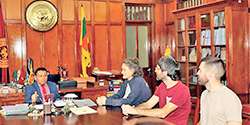


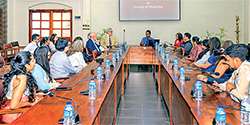
















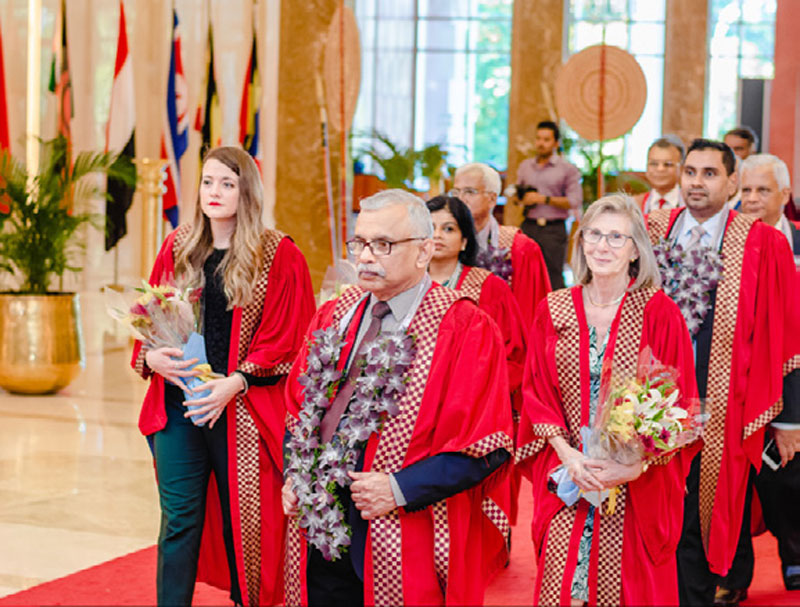

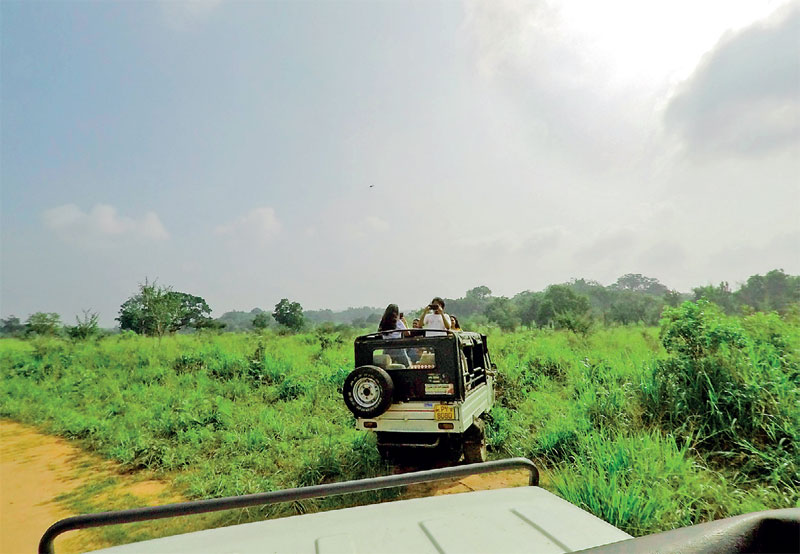
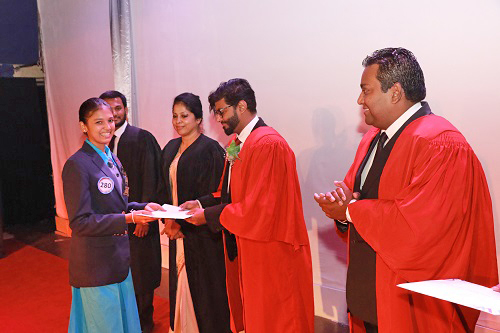
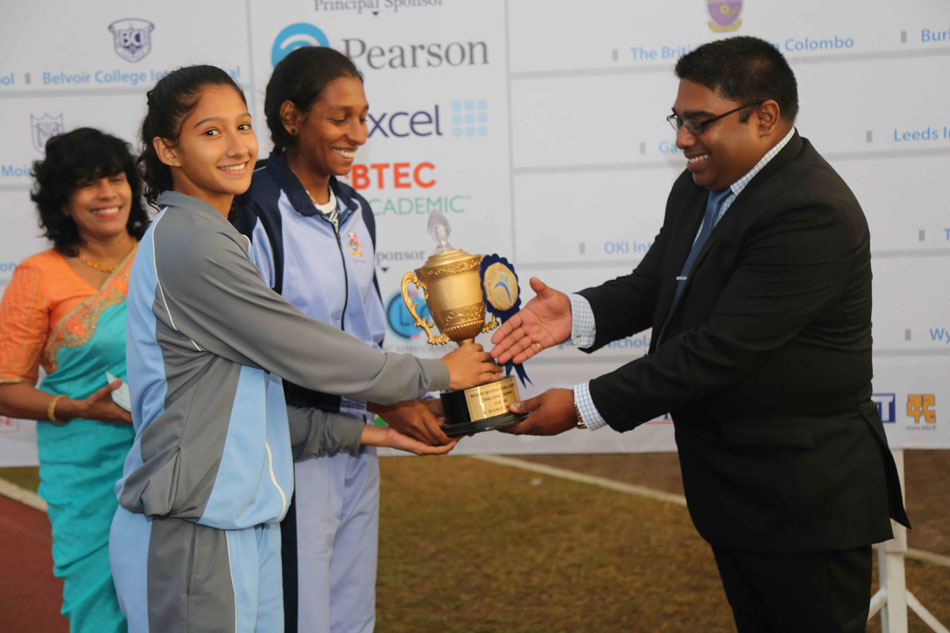
.jpg)
.jpg)
.jpg)
.jpg)
.jpg)
.jpg)
